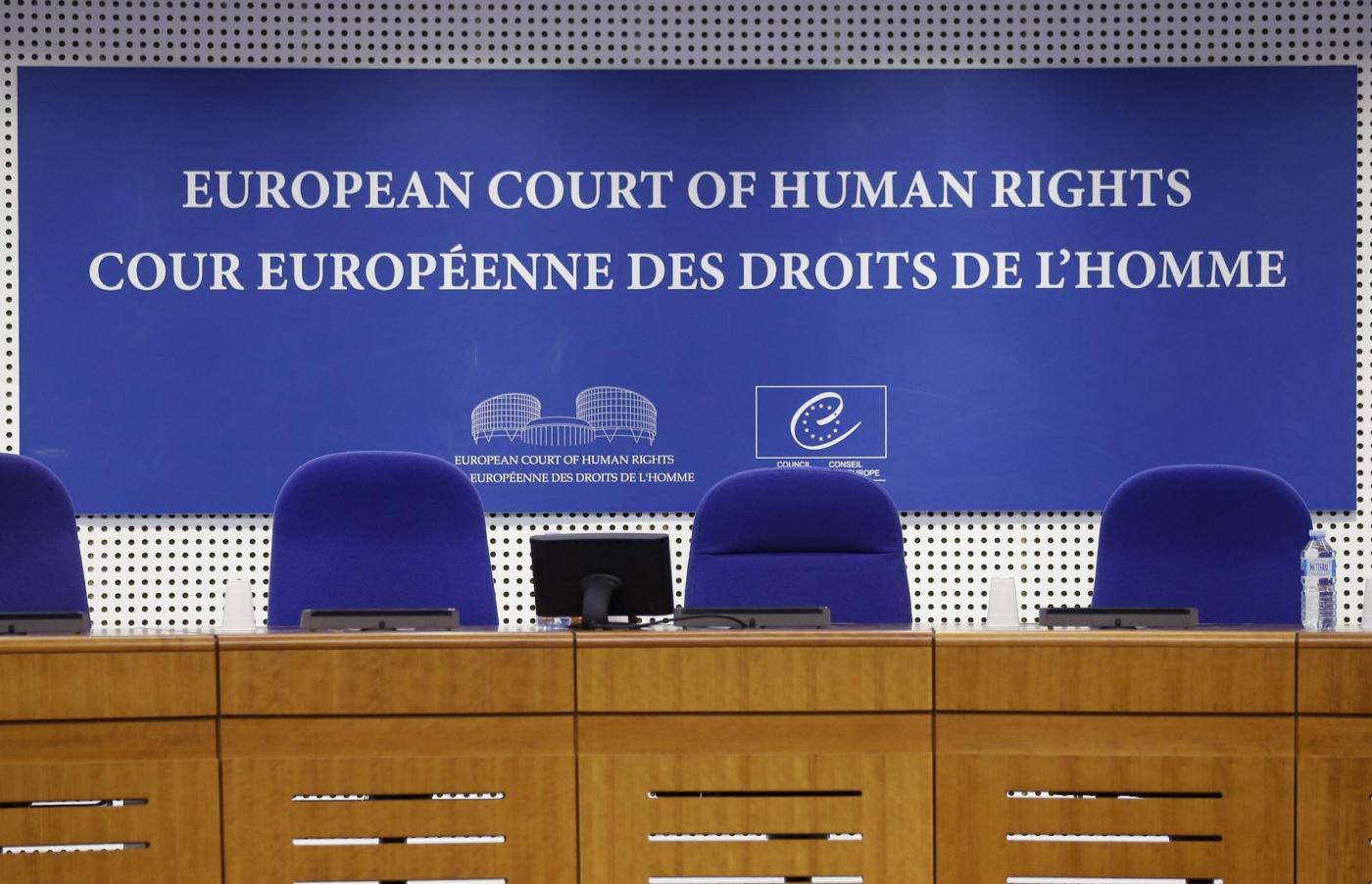On 11 April, the ECtHR delivered its judgment in Sarwari and others v. Greece (38089/12) regarding the ill-treatment of ten Afghan nationals by Greek police.
The case concerned the actions of two police officers in the search for an Afghan fugitive in 2004. In this search, the police officers entered a building where a number of Afghan nationals resided and proceeded to round-up, question and physically abuse them. Another Afghan national was subject to ill-treatment at a police station.
A case was submitted to the Athens Criminal Court of Appeal in 2004 and an administrative investigation and disciplinary proceedings against the two officers were carried out. The penalties were, however, not enforced as the one police officer had left the service and the other was not in active service. In 2012, the Court sentenced the police officers to 20 and 25 months imprisonment respectively, but the execution of the sentences was suspended. An application was subsequently lodged with the ECtHR relying on Articles 3 and 6 of the Convention.
In examining the procedural component of Article 3, the Court reiterated that States have a positive obligation to provide sufficient protection against violations of rights established under Article 3. Due to the long length of proceedings and criminal investigations, the amount and quality of evidence had been eroded and this casted doubt on the diligence and good faith of the investigation. The Court also found a number of deficiencies in the conduct of the investigation including, inter alia, that the forensic medical reports did not meet the standards established in the European Convention against the Prevention of Torture and the Istanbul Protocol. Lastly, according to the Court’s case law, the authorities should have examined the existence of a racist motive for the attack.
With regard to the substantive aspect of Article 3, the Court found that the medical reports and evidence in the files of five of the applicants were inconclusive and/or insufficient to establish beyond reasonable doubt a violation of Article 3. With further reference to its own case law, the Court established that this was a failure by national authorities to conduct a thorough and effective investigation. For four of the applicants, the Court found that the two police officers were guilty of unprovoked assault of the applicants and had caused bodily harm to them.
The Court thus found a violation of the procedural component of Article 3 for all applicants and a violation of the substantive component of Article 3 in the cases of four of the applicants. Regarding the applicants’ complaint under Article 6, the Court ruled that the examination of the procedural component of Article 3 was sufficient in this case.
Based on an unofficial translation by the ELENA Weekly Legal Update.

